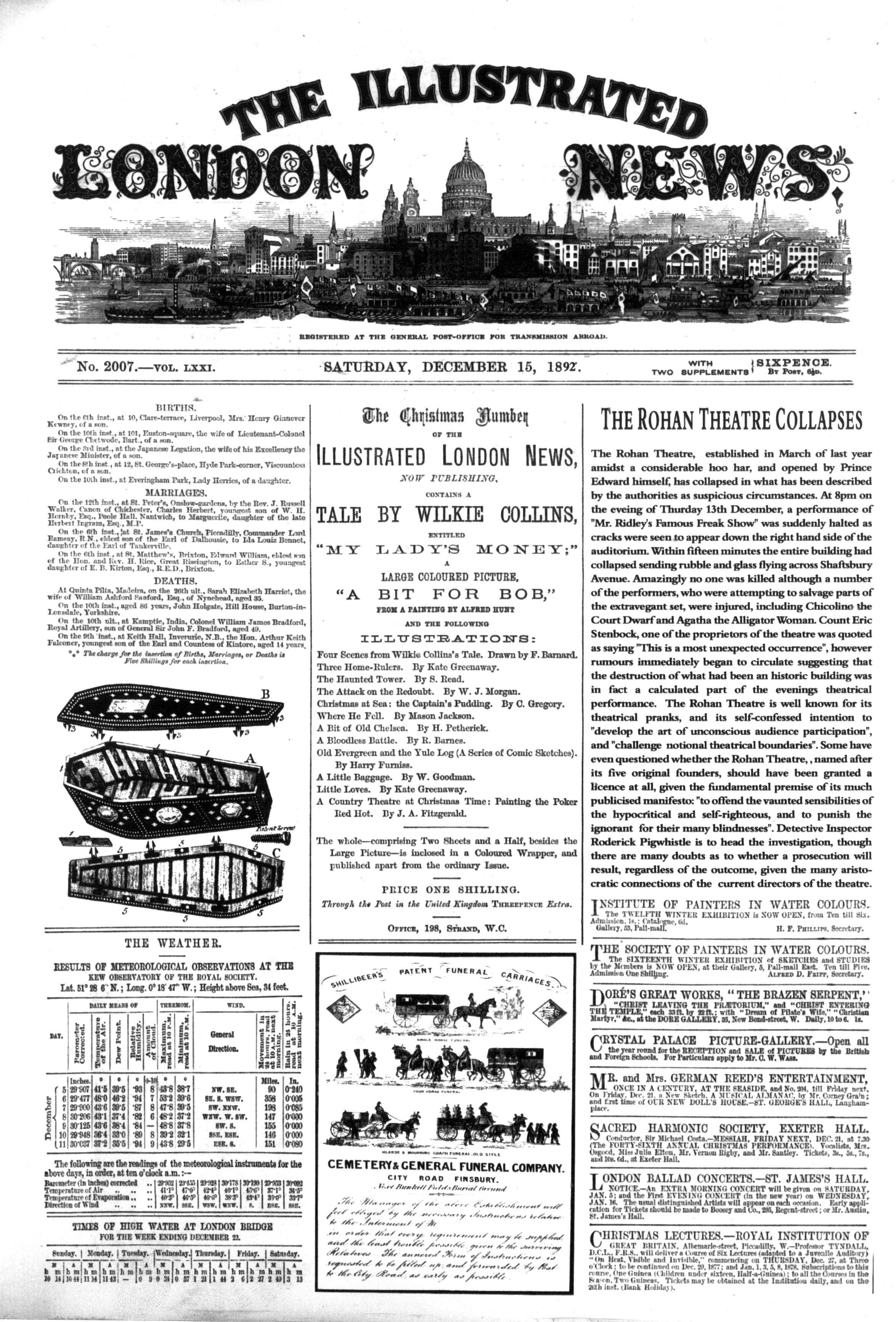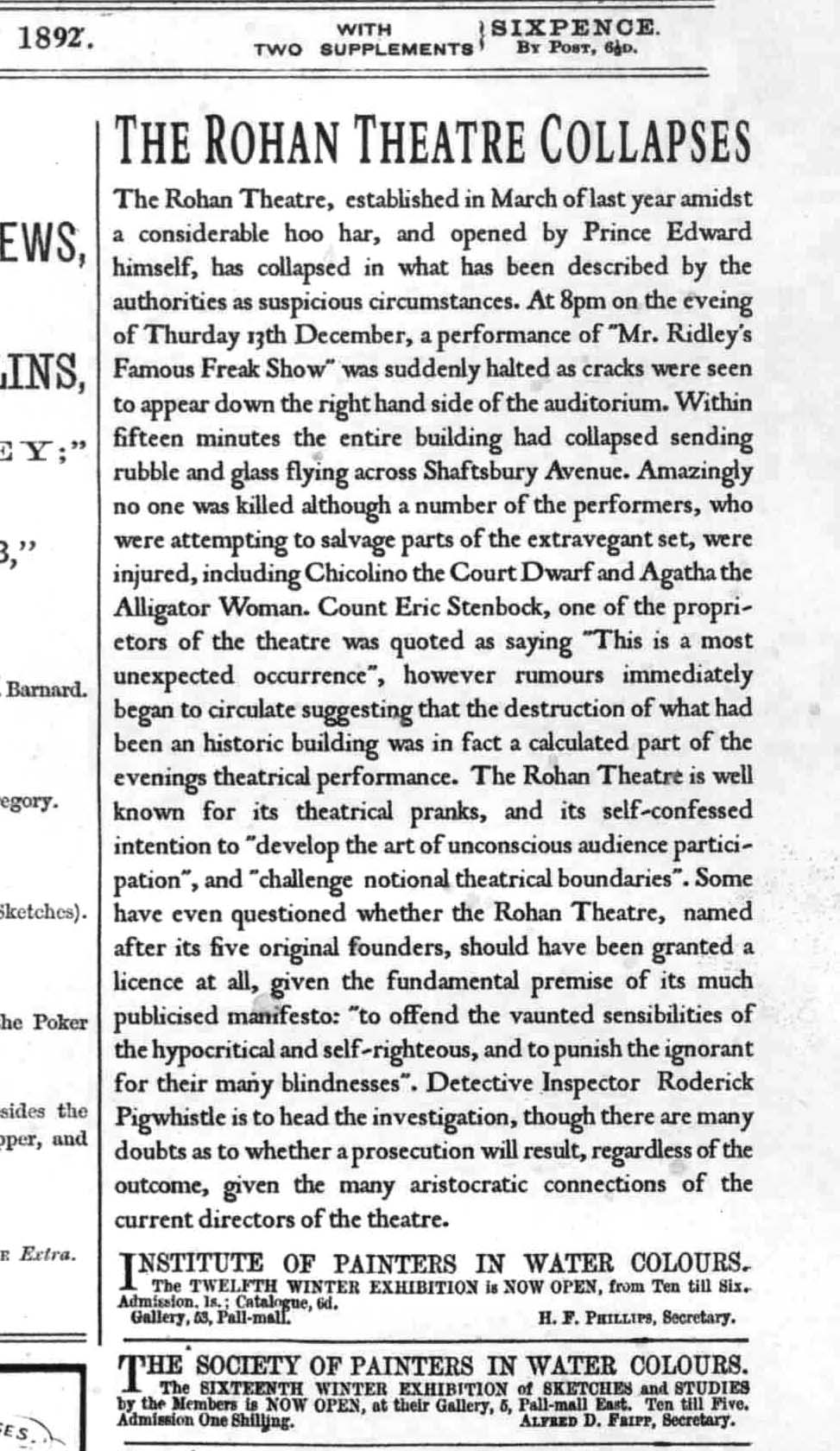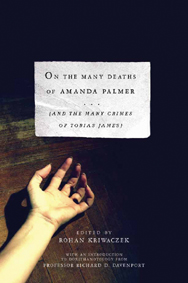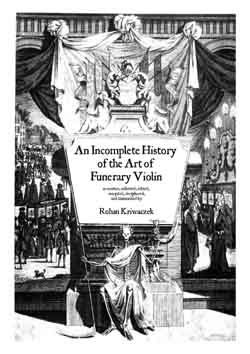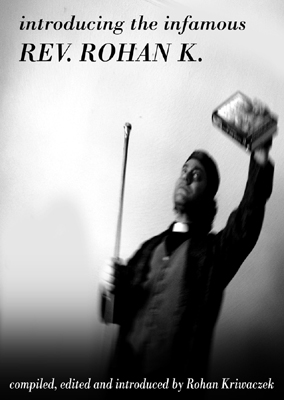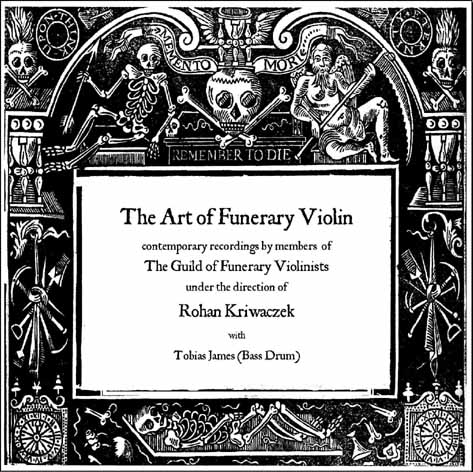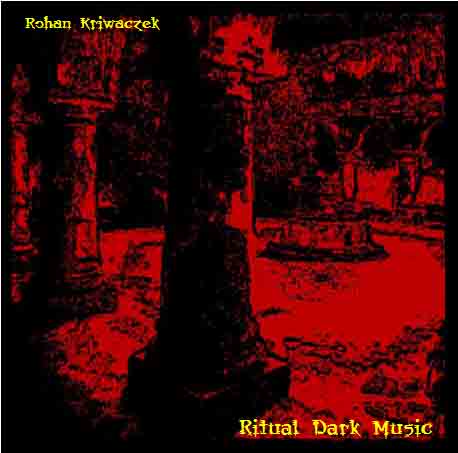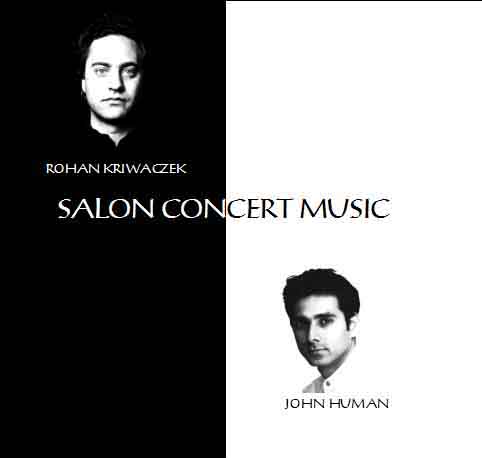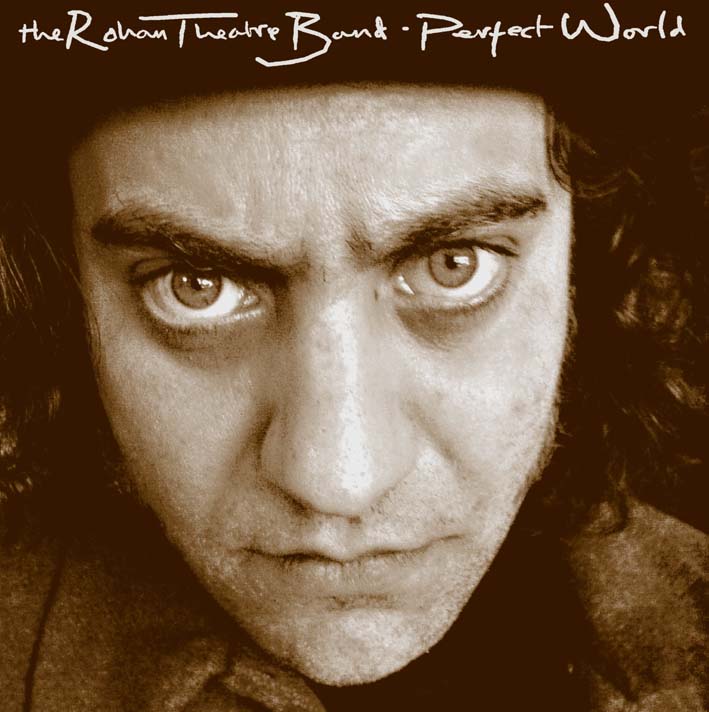A Brief History of the Rohan Theatre Band
From its foundation in 1891 the Rohan
Theatre has always had a house band, although the role of that band
has changed and developed considerably over the years. Initially a
traditional theatre band, accompanying songs, dances and melodramas,
the collapse of the theatre building in 1892, and the company’s
subsequent radicalisation of the notion of theatrical presentation
soon necessitated an equivalent re-evaluation of the role of the Rohan
Theatre Band. Edgar Wimble, the first Musical Director of the band
(1891-1904), proposed that it should become a chronicler of events
surrounding Rohan Theatre productions, and to this effect he penned
a number of songs including the 1895 Music Hall hits “This Building
is Collapsing” and “What Use is a Dwarf With No Legs?”
|
During the years 1892 – 1914 the Rohan Theatre Band performed
regularly in Music Halls around London, acquiring quite a following
through its unique combination of social satire, righteous indignation
and empirical philosophy. By 1910 the popular expression “well
call me Rohan and sing me a song!” (meaning “I’d
never have believed it and yet it turns out to be true”) was
common parlance amongst members of both the working and middle classes.
However, this period of popular acclaim was soon to end with the outbreak
of the First World War, and the subsequent shift in audience tastes
towards the comforting and jingoistic. Finding themselves rapidly
falling out of favour, in October 1914 the entire band volunteered
and before long found themselves in the trenches at Ypres, where they
continued to give performances of their “greatest hits”
to the largely Canadian and Scottish troops whose condition of mortal
danger made them more open to the often discomforting tenet of the
songs. The bands most notable performance during the war was to take
place on December 24th 1914, when they crept into No Man’s Land
and, in a typically cryptic statement calculated to challenge popularly
held conceptions, began singing Christmas carols in German, inspiring
retorts in kind from both sides of the barbed wire which ultimately
led to the now famous “Christmas Truce”. Though to historians
this event is often referred to as a triumph of Humanity over the
chaos of war, to Philip Duncan, the then Musical Director of the Rohan
Theatre Band, it was to be the cause of much mental anguish which
saw him spend the last twenty years of his life in Colney Hatch Lunatic
Asylum, due to the guilt he felt at the extreme backlash of the authorities
against fraternisation with the enemy which resulted in many hundreds
of troops on both sides being summarily executed.
On their return from the war in 1919 the four surviving
members of the band found that the public taste for challenge and
indignation had all but disappeared, and with the arrival of cinema
their particular brand of cathartic entertainment was no longer at
all in demand. Now under the direction of Walter Wrenfield, and facing
a lack of interest that would drive any ordinary band to give up altogether,
they instead expanded their forces and went underground, often quite
literally, performing exclusively on the periphery of Rohan Theatre
Productions, and frequently without an audience. In time they were
devising their own sardonic performances. In 1923 John Davey, lead
banjo player, and a trained civil engineer, discovered on an old map
a direct passage between the Westminster sewers and the crypt of Westminster
Abbey, which resulted in their longest running musical production:
“The Ghost of Sir Henry”: on the second Sunday of every
month for the following 32 years members of the band (in various incarnations)
would hide in a walled up room behind the tomb of Henry Purcell and
perform a set of songs based largely on corrupted versions of Purcell’s
own Drinking Songs. Before long rumours of the “haunting”
had spread right across London and by the summer of 1924 regular ghost
tours were being conducted at which ladies of note would be seen to
faint with terror. It wasn’t until 1955, when restoration work
on the sewer walled up the passage, that the performances stopped.
Throughout the second half of the 20th century the Rohan
Theatre Band continued in its endeavour to “recast popular song
in a serious mould”, and by 1960 it was unquestionably the most
influential unknown band actively working in Britain. When in 1965
George Martin introduced The Beatles to a number of recordings he
had made in secret of their project “The Necessity of Indolence”
their influence upon the evolution of popular music was assured, and
it is now widely accepted amongst those in the know that the song
“Sgt. Pepper’s Lonely Hearts Club Band” is a direct
tribute to them and their works.
The increased commercialisation of popular music throughout
the 80s and 90s pushed the band once more into the fringes, and yet
it continued, without compromise, to influence the music and song
writing of more serious artists, such as David Bowie, Björk,
Tom Waits, and more recently Nick Cave and Pulp through acts of subtle
implication and passive suggestion.
Probably the most remarkable achievements of the Rohan
Theatre Band are its incredible longevity, and its ability to maintain
a consistent identity despite the many changes of personnel over the
years (there have, since 1891 been 107 band members and 18 Musical
Directors). Regrettably, for aesthetical reasons they were entirely
unwilling to participate in the world of corporate music production
and hence they made no commercial recordings throughout the 20th century
(although a number of their private recordings have turned up on the
internet despite various threats of litigation on their part). It
was not until 2001, when the Rev. Rohan K. was appointed Musical Director, that they decided to present their works directly to
the public on the grounds that musical sensibilities were changing,
and the world was again in need of their inspiration and guidance. Regrettably, after his disappearance in 2008 the band fell into considerable disrepute, and has not been heard of since their disasterous final performance at the Bucket of Blood in January 2009.
|

